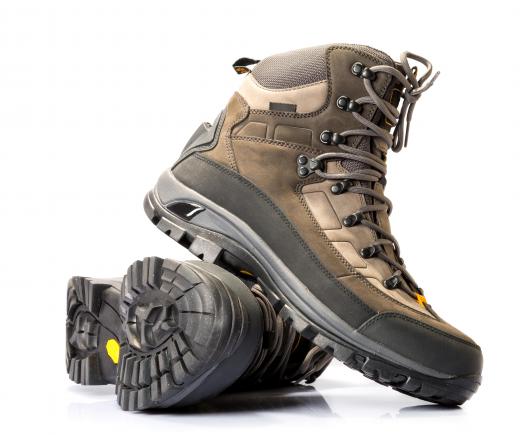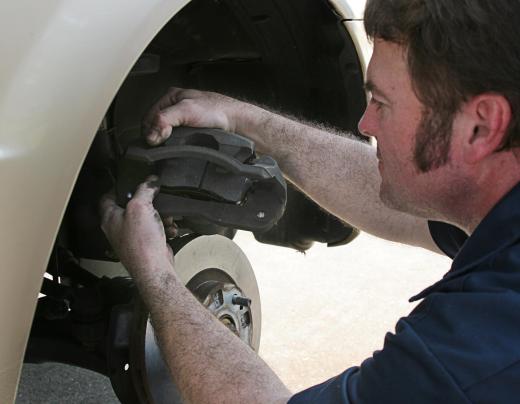Styrene-butadiene rubber (SBR) is one of the most versatile copolymer rubber compounds. It consists of the organic compound styrene and the chemical budatiene, with the amount of budatiene usually being about three times more than the amount of styrene. SBR is a stable synthetic that is resistant to abrasion. It is used in a wide variety of products, such as automobile tires, children's toys, shoe soles and even chewing gum.
This compound is produced either through ionic polymerization of a solution or as an emulsion through free radical polymerization. Also known as emulsion styrene-butadiene rubber (E-SBR), this product was first developed in the 1930s by I.G. Farbenindustrie in Germany. It was created through an emulsion procedure that used polymerization as the means of producing a material that had a low reaction viscosity but had all the attributes of natural rubber. It was very cost-effective and was used to stretch dwindling natural rubber resources, especially in tire manufacturing at a time when tires were made of solid rubber.

This rubber soon began to be produced in other countries, and its production in the United States was increased during World War II to help stockpile material for the war effort. Much of the production was done in plants owned by the U.S. government, and many of the products manufactured went directly to the country's military forces. It was also during this time that a cold polymerized blend of styrene and butadiene was created that was superior to the older hot polymerized styrene-butadiene rubber that had been produced previously. After the end of World War II, SBR plants began to be sold to private industry, and by 1955, its production in the U.S. had been completely privatized.

SBR can be found in many products, some of them predictable and others that might be surprising. Along with being used in the production of new auto tires, many companies that retread old tires use a coating of this rubber to produce the retreads. Among the other obvious uses are in gaskets, belts and hoses for machinery, and brake pads and clutch pads for vehicles.

Around the home, SBR is found in toys, caulking compounds, sponges, shoe soles and floor tiles. Some of the less expected uses of it are is the production of sanitary products, surgical gloves, and gum. This rubber also can be used to coat the walls, ceiling, and floors of rooms that are prone to being damp, such as basement rooms.

